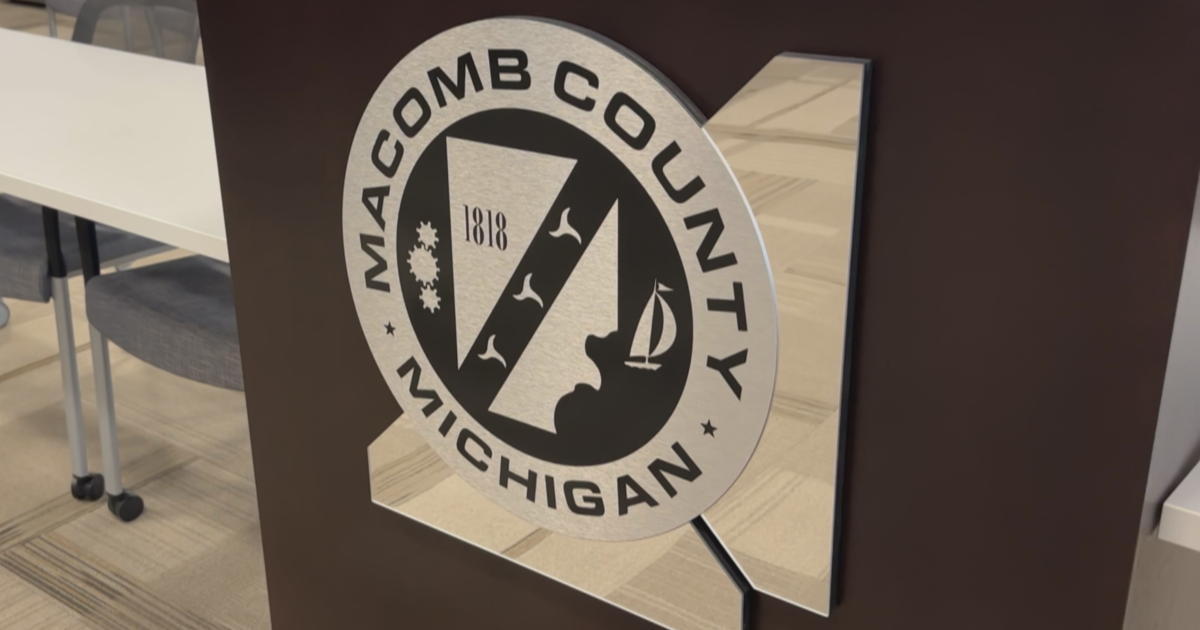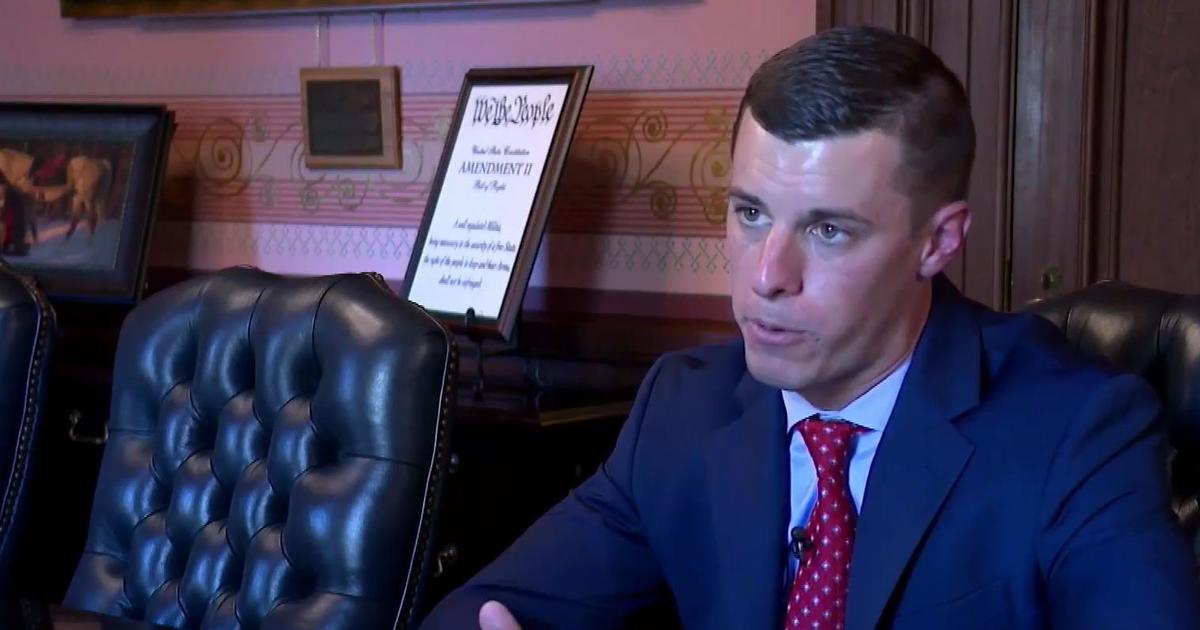NCMS Talks Sustainable Manufacturing
ANN ARBOR -- More than 100 people packed the National Center for Manufacturing Sciences Tuesday for the Sustainable Design and Manufacturing Roundtable, an event intended to boost knowledge of sustainable manufacturing.
Public response to the program surprised the NCMS. "We had more than 100 people register and 30 walkups," NCMS executive director Phil Callihan said. "We had to create an overflow room, and some people are participating by audio conference."
The main thrust of the conference, Callihan said, is that "you can try to re-engineer things after the fact, but what we've learned is that the earlier in the design process you can engineer sustainability, the better off you're going to be in the long run."
And it isn't just about being a good corporate citizen. Sustainable manufacturing -- or "taking lean to the next level," as NCMS president and CEO Rick Jarman put it -- also cuts raw material use and energy use, and minimizes scrap and waste.
"We look at the products and materials we use, and we also look at sustainable manufacturing to be part of our processes," Jarman said. "You want to use materials judiciously, you want to take care of the environment. And there are a lot of customers out there who are starting to look for good environmental stewardship, so that's a big part of it."
"It's not just ecology, it's economy," said presenter Tim Weingartz, materials manager for paint engineering at Ford Motor Co.
Rajan Eadara, vice president of research and development at Detroit-based Diversified Chemical Technologies, spoke about how his company is using recycled tires and agriculture-based materials to produce trim and adhesives used in auto manufacturing. The company is exporting the materials from Detroit's west side all over the world -- even to China, Eadara said.
The NCMS offers "toolkits" for helping manufacturers operate sustainably, including lists of which materials are most Earth-friendly.
"We're trying to build out that database of materials," Jarman said.
Attendees included auto manufacturers and suppliers, and university and K-12 educators. "They're looking to industry to say how can we take the lessons learned in industry and move them back into" education, Jarman said.
Nabil Nasr, director of the Rochester Institute of Technology's Golisano Institute for Sustainability, said susainability must be built in from the beginning to take maximum advantage of dwindling resources.
"We need to meet our demand for bigger and better and more modern products in ways that use less materials, less electricity and less waste, by optimizing our processes," Nasr said. "If it is done correctly and at the right time, in just about every case there will be some value shown to the bottom line."
To listen to audio from the event, visit http://detroit.cbslocal.com/audio/1022-wwj-plus/?utm_medium=dl&utm_campaign=wwj-plus.



